
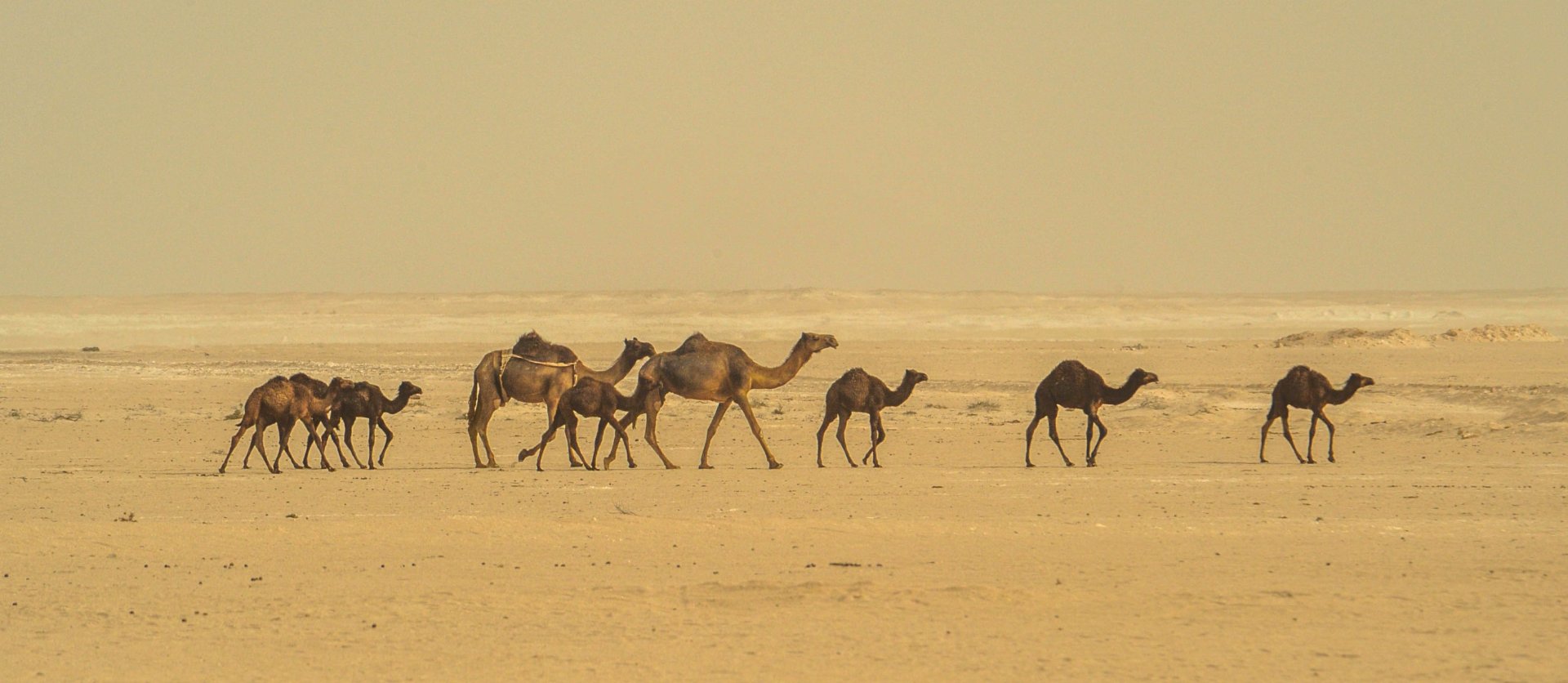

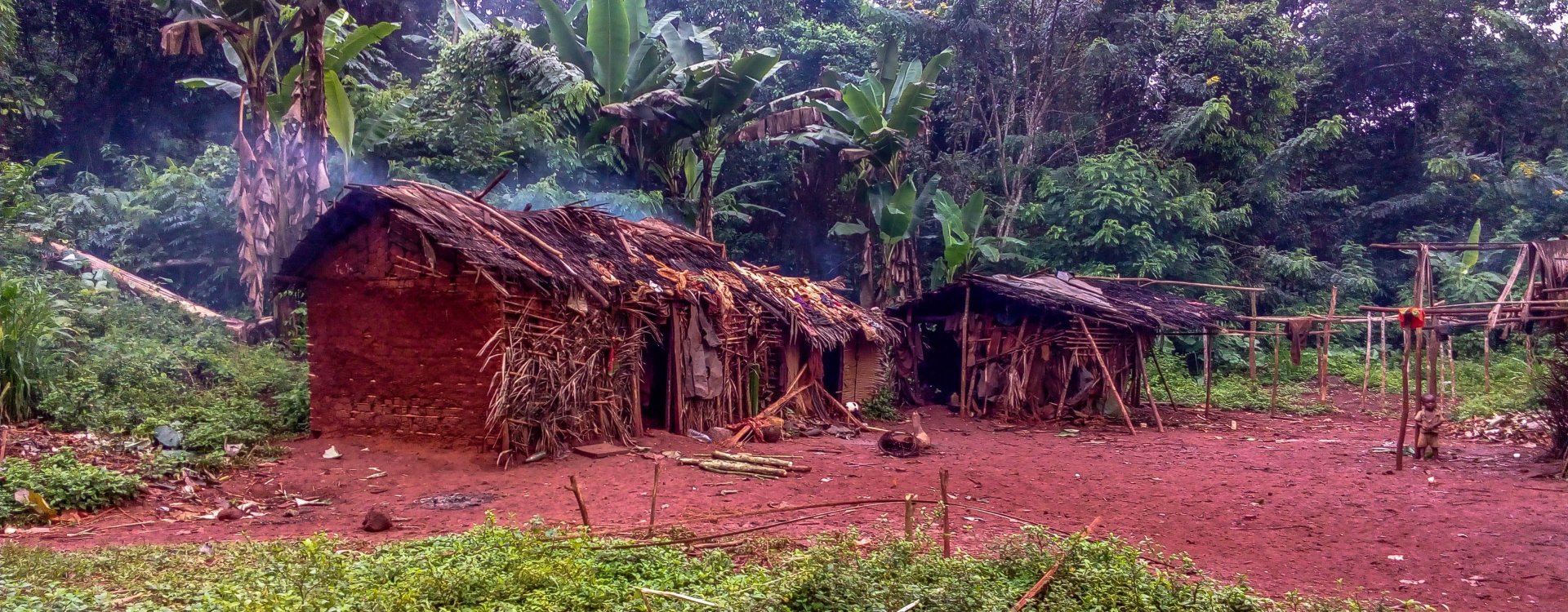

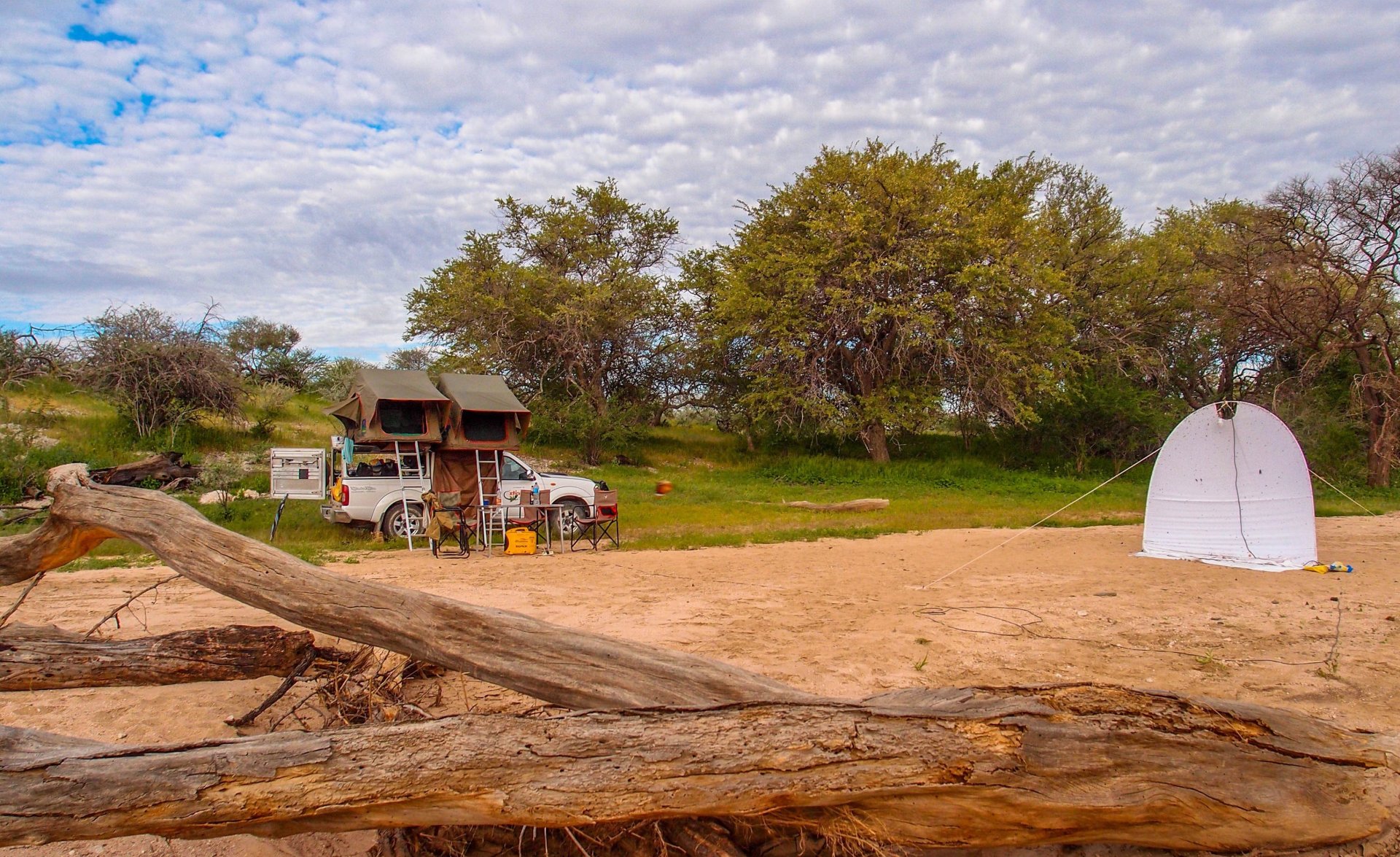
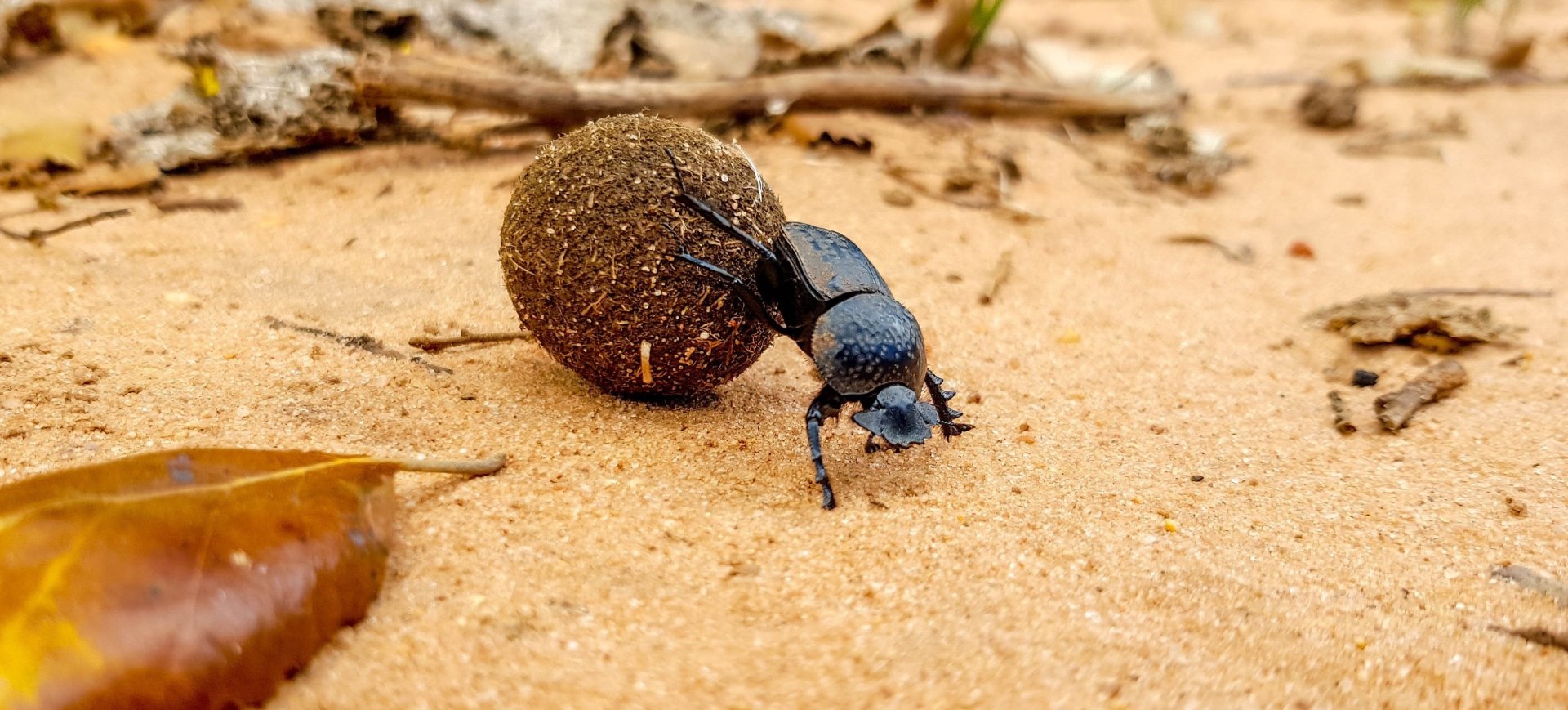

![]() Information: Meloe affinis was described by Lucas in 1846 from Algeria.
Information: Meloe affinis was described by Lucas in 1846 from Algeria.
This species is distributed from Morocco to Libya. The typical subspecies is reported by Peyerimhoff (1949) and Kocher (1956) from northern Morocco. In Algeria, affinis appears to be restricted to the Kabylie region, the high plateaus, and the Atlas Mountains, while in Tunisia it also occurs further south.
It differs from all other Eurymeloe species with black body integument and dark pilosity by having a glossy body surface, a head without grooves and strongly expanded in the temple area, very fine punctation, a very broad pronotum, and elytra with at most weak undulating sculpturing.
Body length: 14 - 34 mm
Peak activity: March - Apríl
![]() Remarks:
Remarks:
![]() Distribution: Algeria, Libya, Morocco, Tunisia
Distribution: Algeria, Libya, Morocco, Tunisia
Zoogeographic region: Palearctic
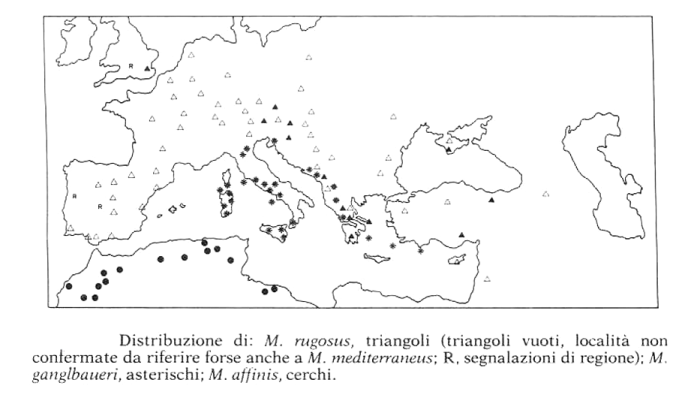
![]() Taxonomic classification:
Taxonomic classification:
![]() Subspecies: 2
Subspecies: 2
![]() Information:
Information:
Body length: 14 - 16 mm
Peak activity: March - Apríl
![]() Distribution: Algeria, Morocco, Tunisia
Distribution: Algeria, Morocco, Tunisia
![]() Material examined (& observation):
Material examined (& observation):
Czech Republic ![]()
North Moravia | Olomoucký Region
Králický Sněžník Mountains
Staré Město env.
(Stříbrnice)
(GPS) ![]()
Altitude 650 m a.s.l. | 22.5.2022
![]() Our observation period: May ~ Jun
Our observation period: May ~ Jun![]() Sampling Methods: field edges in grass
Sampling Methods: field edges in grass ![]()
![]() Information: Subspecies schatzmayri was described by Bologna in 1988 from Libya.
Information: Subspecies schatzmayri was described by Bologna in 1988 from Libya.
Holotype ♀ Tripolitania, Gharian, 24.3.1926, A. Schatzmayr leg.
Bologna (1991) reported the possible presence of this subspecies also in Sirtica and Cyrenaica. Remarks. is subspecies is greatly distinct from the nominate form and possibly it could be evaluated as a distinct species, after the examination of more specimens.
Body length: 20 - 34 mm
Peak activity: March - Apríl
![]() Distribution: Libya
Distribution: Libya
 Morocco
Morocco A contribution to the knowledge of the Meloidae fauna of Turkey along with new records, Özbek 1998.pdf
A contribution to the knowledge of the Meloidae fauna of Turkey along with new records, Özbek 1998.pdf Description of the first instar larvae of three sp of Meloe with a key to the triungulins,Sharf 2004.pdf
Description of the first instar larvae of three sp of Meloe with a key to the triungulins,Sharf 2004.pdf The Meloidae of Libya: an annotated catalogue and description of three new species, Bologna 2009.pdf
The Meloidae of Libya: an annotated catalogue and description of three new species, Bologna 2009.pdf Phylogeny of Meloini blister beetles and patterns of island colonization in the W Pal, Sánchez 2020.pdf
Phylogeny of Meloini blister beetles and patterns of island colonization in the W Pal, Sánchez 2020.pdf